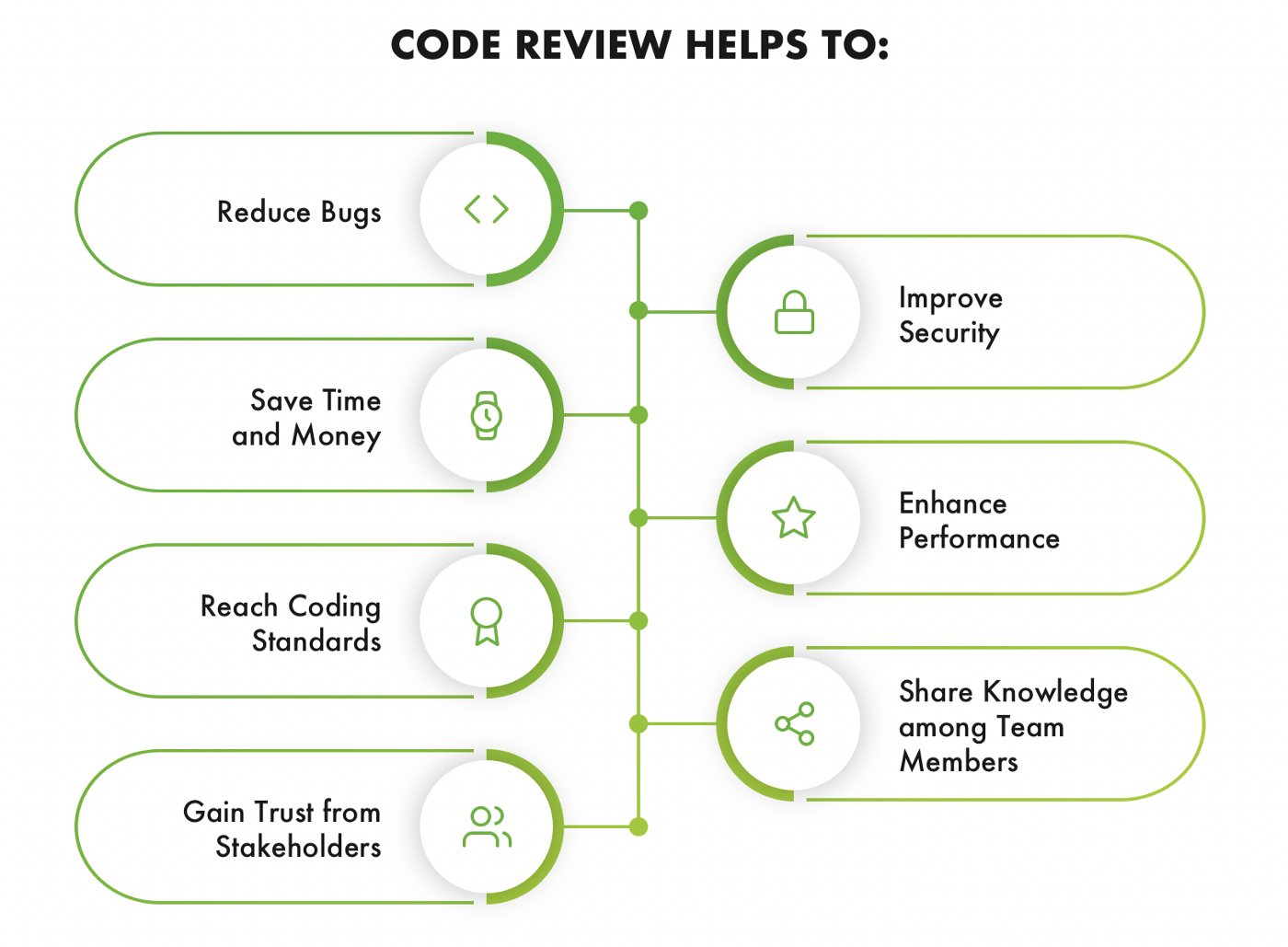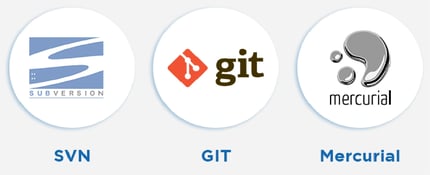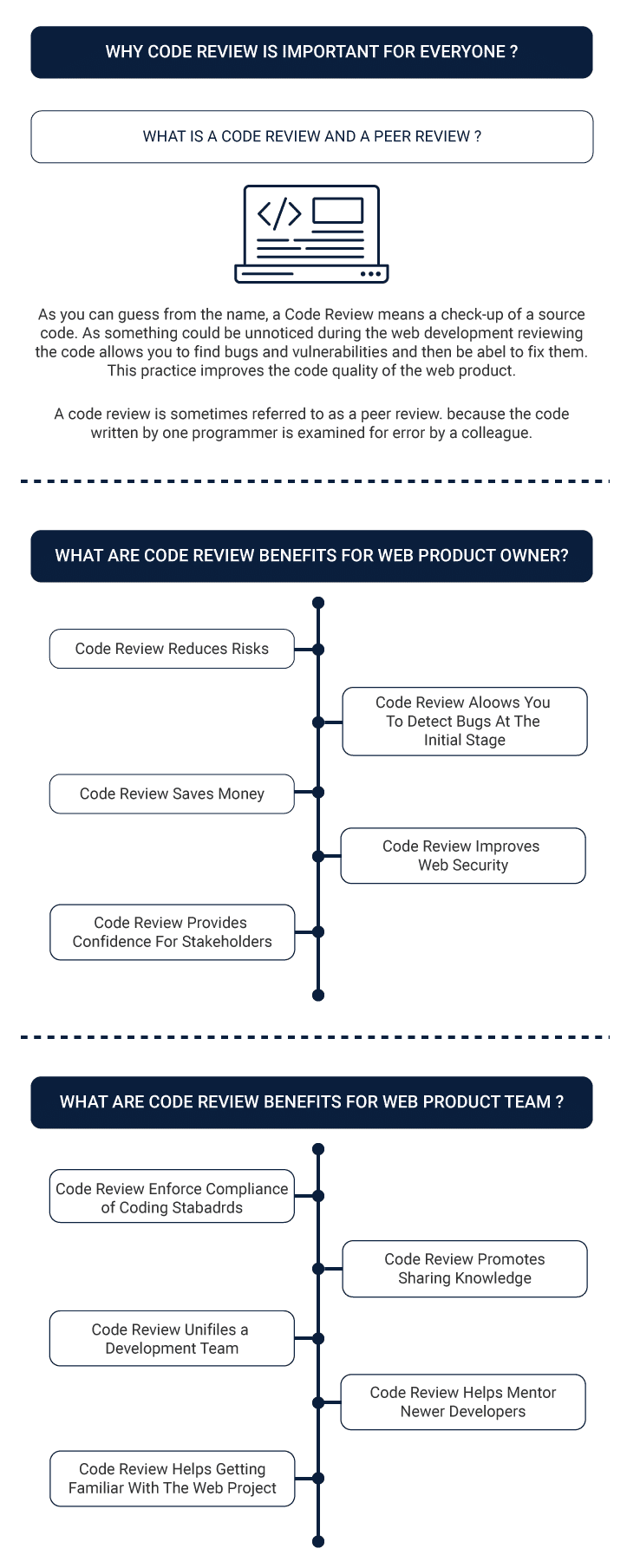
Coding Review Process Best Practices: Tips for Excellence

Introduction:
Efficient coding review processes are instrumental in maintaining code quality and fostering collaborative development. This article delves into best practices and tips to enhance the coding review process, ensuring excellence and efficiency within your development team.
1. Establish Clear Objectives:
Define clear objectives for the coding review process. Whether it’s catching bugs, ensuring adherence to coding standards, or promoting knowledge sharing, having well-defined goals helps streamline the review process. Clear objectives provide focus and contribute to the overall success of the code review.
2. Select the Right Reviewers:
Choosing the right reviewers is crucial for an effective review. Identify















